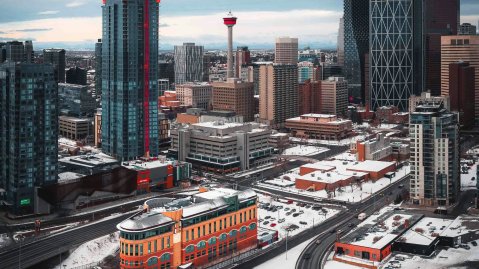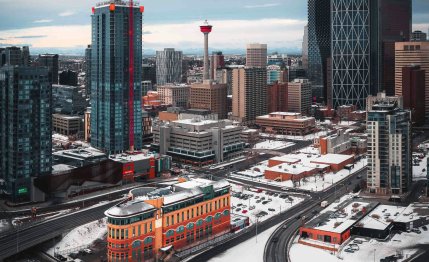
The provincial government of Alberta announced on 12 May that it is freezing its industrial carbon price under the Alberta Technology Innovation and Emissions Reduction (TIER) regulation at the current rate of CAD 95 (approx. USD 69), effective immediately. The TIER carbon price for 2026 was scheduled to increase to CAD 110 (approx. USD 80) in line with the federal benchmark.
In its statement, Alberta’s government cites tariffs imposed on Canada by the U.S., which are “increasing costs, disrupting supply chains and creating uncertainty for industry” as the reason behind the decision. The freeze is aimed at providing certainty, stability and economic relief to Alberta businesses. The government has added that “Alberta remains committed to reducing emissions through the development and implementation of new technologies, not unrealistically high taxes, while responsibly powering the world for decades to come.”
The Government of Canada regulates industrial carbon pricing through the Pan-Canadian Approach to Pricing Carbon Pollution (known as the federal benchmark). The federal benchmark requires provinces and territories to implement carbon pricing systems that meet federal stringency criteria – including steadily increasing carbon prices. Currently, the federal government is realigning its carbon pricing policy and considering broader changes to the Greenhouse Gas Pollution Pricing Act. As a part of this process, the Canadian government has recently suspended the federal fuel charge and put the benchmark under review. The stated goal is to “focus the benchmark on ensuring industrial pricing systems continue to maximize emissions reductions and encourage the transition to low carbon technologies, while protecting industry against competitiveness and carbon leakage impacts.”

